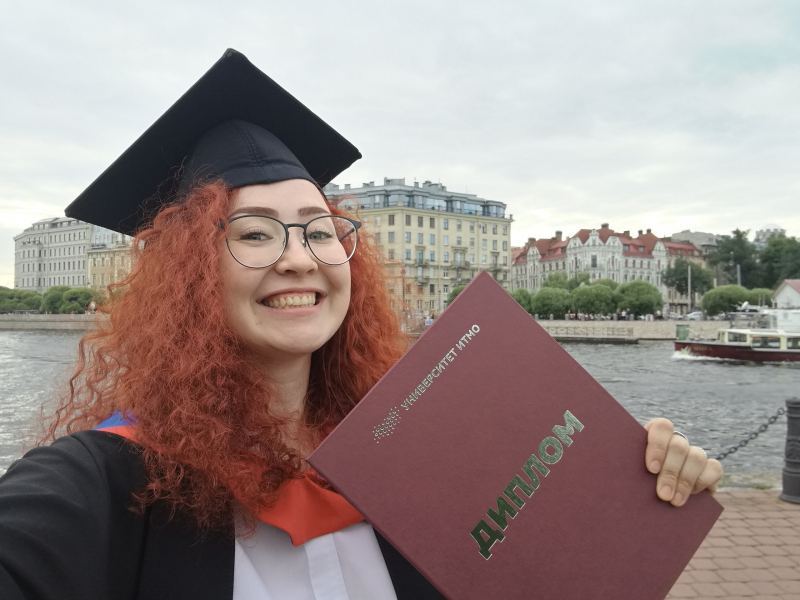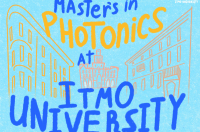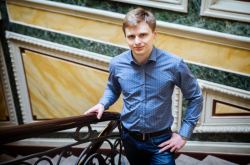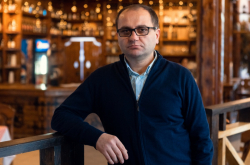When you enrolled at ITMO, what made you decide to apply to the Faculty of Applied Optics?
Prior to that, I was a student at the Polytechnic University’s Quantum Electronics Department. But I couldn’t understand who they were training us to be and what we would do after graduation. That’s why I decided to do my Master’s in a more practical field. Of all the subjects I had as a Bachelor’s student, I enjoyed optics the most, so I decided to go in that direction. At that point, ITMO University offered a program on optical computation developed with the Warsaw University of Technology. But the program closed, so I opted for one taught in Russian.
Were you disappointed that you didn’t get into the English-language program?
I was, at first, but then I met the dean and the deputy head of my department, who told me about the opportunity to do a semester exchange and the University’s ties with a university in Brussels. They were very attentive and helpful, which alleviated my regret. It turned out later that choosing this faculty was the best choice I’ve ever made.
What did you do in that year between your Bachelor’s and Master’s studies?
I was a volunteer. I needed a change of scenery and an understanding of where I should go next. Eventually, I realized I still wanted to be an engineer and, with the weight off my shoulders, applied to ITMO.
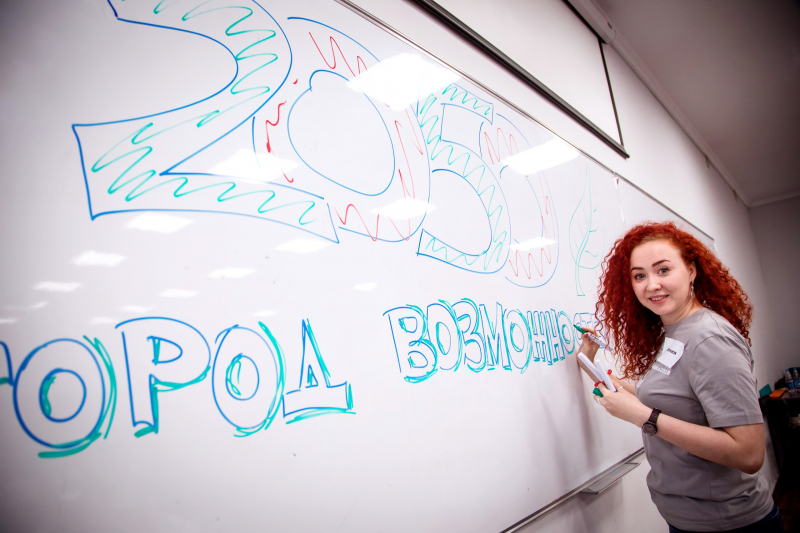
Did you participate in any clubs or associations as a student at ITMO?
I did. At ITMO, I joined OLIMP (the Open Laboratory of Ideas, Methods, and Practices, a community for makers and craftspeople of all kinds – Ed.) and the Student Scientific Laboratory of Optical Technology (SNLO).
As a Master’s student, you were coming into optics from an adjacent field. Was it difficult to tune into the learning process?
Initially, yes. I had to learn even the most elementary facts about optics to understand everything we were taught. I was lucky to have teachers who would explain things in a way that was accessible to everyone, especially those who had come from different fields. Of course, I had to put in a lot of effort of my own, but I knew I could always rely on my professors for help.
Did you ever feel like going into research?
Never. I always wanted to do something practical, which is why I chose the Faculty of Applied Optics – so that I could not just work on theoretical problems, but use the software and work in my field of study.
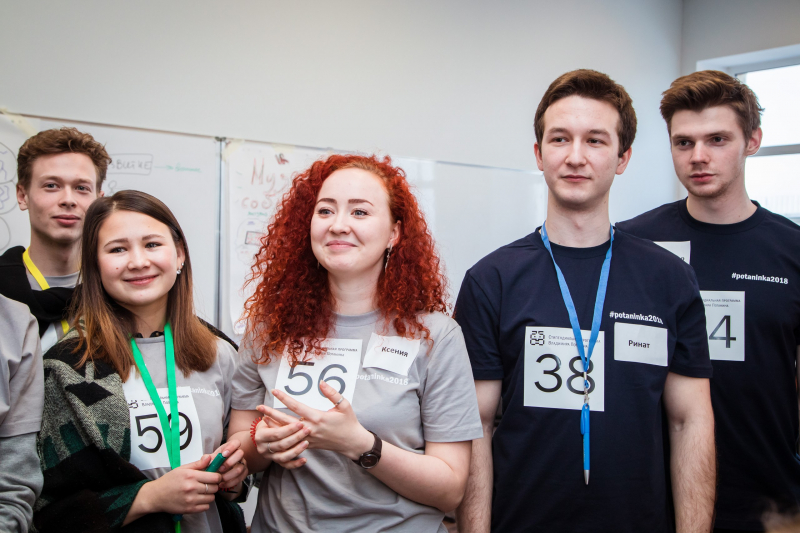
What were the most memorable parts of your studies?
At ITMO, I met people who are passionate about their work and create conditions in which students, too, may love what they do. Our professors would stay at university after class to help you figure something out – that’s how much it mattered to them. I was also surprised by the casual attitude towards research. I learned that it wasn’t something frightening or otherworldly; not an activity for the chosen few, but something any student can take part in.
I also have great memories of the SNLO community. It was a great place where we’d discuss elements of optics. And Nadezhda Tolstoba, who curates the laboratory, was like a mother to all the optics students. Overall, I have fond memories of my relationships with most of the teachers, as well as my semester in Brussels.
Tell us a bit more about your semester exchange.
I wanted to study abroad, which is why I was eager to get into the Warsaw University program. But when that fell through, Anna Voznesenskaya (associate professor at the Faculty of Applied Optics – Ed.) told me not to despair and that I could go on a semester exchange. We decided right away that it would be best to do it in my third semester, seeing as this was a new field of study for me and I’d need to prepare. The plan worked and I went to Brussels in my second year.
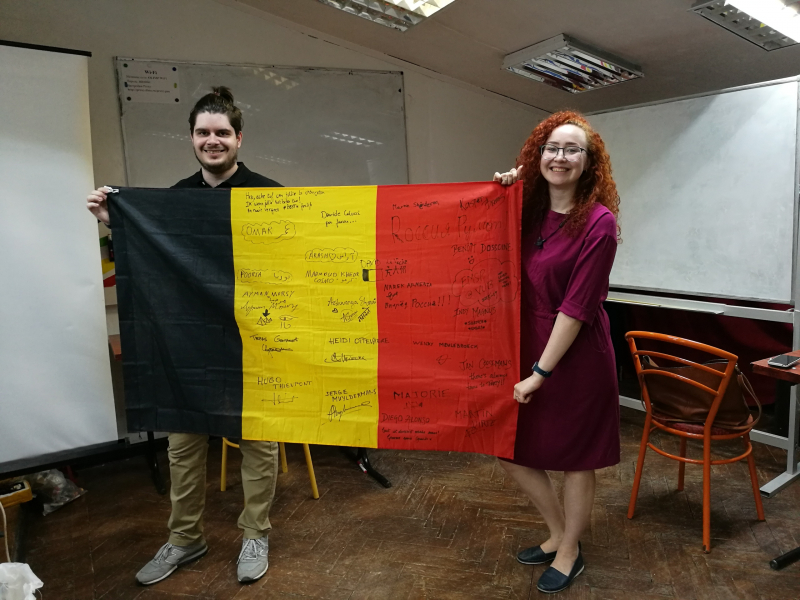
What do you do now?
I work at the Opto-Technological Laboratory. It’s a private company that specializes in the design and manufacture of optical systems and full-cycle interferometers. I myself deal in optical computing, and that’s 100% within my specialization: what I do now is what I’ve been taught at university.
Did it take you long to find the job?
Not at all. I found this place in just a week and a half – even though I expected it to be a long and arduous process. I was very worried that all the cool jobs would go to my fellow graduates, so I took a short rest and started looking.
In general, how difficult is it to find a job in optics?
It all depends on the field you’re interested in. If it’s design or programming, there’ll be plenty of job openings; it’s more difficult with computing. But I picked this path because it’s important to do what you enjoy, not what’s in demand. You just have to persevere and you’ll succeed.
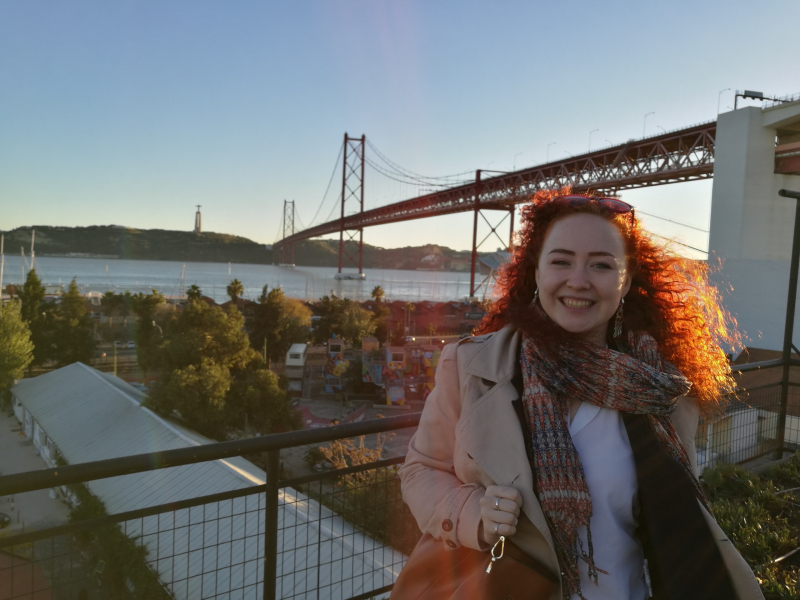
What do you mean by persevere?
I personally wrote to all the companies where I would have liked to work. I sent them my resume and explained who I am even if they didn’t have any job openings at the moment or were looking for someone experienced. I didn’t mind those things because I wanted to get a job – and it worked.
What advice would you give to today’s optics students? What would they find useful in their work?
Curiosity will come in handy. Also, don’t be afraid to ask when you don’t know things, even if the question seems foolish or banal. In work, you always run into tasks that can’t be solved easily; first you’ll need to figure them out. Sometimes it’s worth consulting a colleague or your boss. While at university, you should already learn not to be ashamed of your ignorance in any topic – it will definitely help you in the future.
